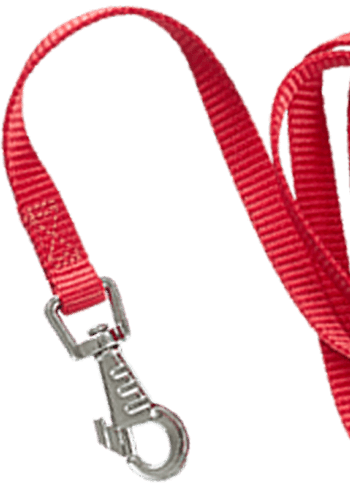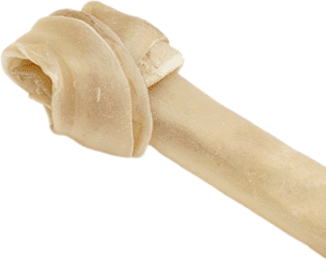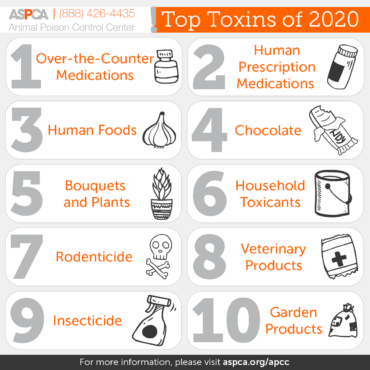


Around the holidays, we eat a lot of foods that we don’t typically enjoy during other times of the year. However, many holiday food items can be harmful to dogs. This can be especially true if your dog gets into the trash or sneakily snags food off of dining room tables.
What else should you keep in mind? Many holiday foods are high in fat, sodium, and simple sugars. These ingredients can make dogs sick to their stomachs — or even put them in danger of succumbing to pancreatitis if they eat too much.
But as long as you keep your “people food” out of your pup’s reach, everyone can have a fun, vet-free holiday meal. Here are a few holiday foods dogs can eat and the ones that you should be wary of.
Accidental poisoning from inappropriate human foods is the third-leading cause of toxicity in dogs. These poisonings make up over 10% of all pet toxicity cases each year.

Keep the following holiday dishes out of Fido’s mouth to make sure he has a happy, healthy holiday like the rest of your family.
Foods like gravy, stuffing, and table scraps can cause diarrhea in dogs. But they can also result in more serious intestinal blockages or poisoning. Onions, raisins, and grapes are all examples of foods that can cause rapid kidney failure in dogs, and various stuffing recipes may contain any or all of these ingredients.
Chocolate contains caffeine and theobromine, which are extremely toxic to dogs and can cause liver failure. In addition to damaging dogs’ livers, chocolate often includes an artificial coloring agent that may cause cancer in your four-legged friend.
Avoid all foods made with chocolate, including chocolate candy canes or other chocolate-flavored confections.
Most baked goods contain yeast and baking soda, both of which can be harmful to your furry friend.Chemicals like baking soda and yeast can expand in your dog’s belly and cause uncomfortable bloating, even after baking. They may also include xylitol, an artificial sweetener that has been linked to liver failure and death in dogs.
Alcohol causes drunk behavior in humans, but it causes poisoning in dogs. Once alcohol enters Fido’s system, he can suffer from low blood sugar, respiratory failure, and even death.
No baked goods means no raw dough, either. Even if the dough doesn’t contain yeast, it will expand in your pup’s stomach and can cause intestinal blockage. This can cause serious bloat or stomach-twisting known as gastric-dilatation volvulus (GDV), a potentially fatal condition.
If you’re hoping to introduce a healthy source of fiber, plain canned pumpkin is the healthiest choice. Canned pumpkins are also good sources of nutrients and fiber, and they contain higher amounts than fresh ones due to their decreased water content.
If your dog is begging for some holiday dinner, you can’t just feed him anything. However, there are plenty of foods that routinely appear on holiday menus which you can happily share with your furry friend.
Stick with lean, white meat that’s still unseasoned to keep Fido away from potentially harmful ingredients like onions or garlic. Don’t give your dog any cooked bones or turkey skin, either—even if they don’t choke, they can cause upset tummies.
Green beans are safe for dogs to eat steamed or raw, fresh or canned. However, don’t feed dogs any green bean casserole, as it often contains unsafe spices or herbs.
Dogs can eat apples as long as you remove the apple seeds and cores. This is because those parts contain cyanide, a poisonous chemical that can quickly become fatal to your pet. As with green beans, only give them raw or plain apples—no prepped human treats allowed.
Carrots can help your dog maintain his teeth and gums, and they’re safe for him to eat raw or cooked. If you choose to cook them, make sure they’re steamed and plain, without any added butter or seasonings.
Canned pumpkin pie filling may sound harmless, since pumpkin is dog-approved. However, pumpkin pie filling often contains nutmeg. Consumed in large amounts, nutmeg can cause tremors and seizures in dogs. Even if there’s no nutmeg in your particular filling, it almost definitely contains xylitol—and we already know that these artificial sweeteners are harmful for your pooch.
Some holiday foods are perfectly safe for your dog, but only in smaller quantities. Just like you shouldn’t eat an entire cheesecake by yourself (even on Christmas Day), your dog shouldn’t have large quantities of these foods. However, little bits prepared properly are a fine treat, and some of them are even very healthy choices.
Sweet potatoes are actually good for your pet. They’re chock full of vitamins A and C, as well as fiber to help keep the ol’ digestive system moving properly. For your dog, prepare a cooked, skinless potato—never feed raw sweet potatoes to your dog, or you’ll give them an upset stomach.
Mashed potatoes are almost the same as sweet potatoes, though you’ll want to avoid garlic, onion powder, and dairy ingredients like butter or cream which can upset sensitive dogs’ stomachs. You can give your dog a tasty dose of mashed taters after whipping but before adding any ingredients.
Plain, non-fat yogurt is a very healthy treat for your dog. Just make sure to skip the sweetened varieties. Yogurt is full of healthy probiotics that can help your dog’s gastrointestinal system work better. However, too much yogurt will give your dog an unpleasant trip outdoors, if you catch our drift.
Holiday foods for dogs can include many delicious treats they love. However, never give your dog any type of chocolate, alcohol, or raisins. None of these are good for your pet, so keep them out of reach. Always be careful to avoid unsafe ingredients in human holiday foods before giving them to your pup.
If you want to share special treats with your pooch, stick with these safe foods and avoid others that may contain harmful ingredients. You can always check with your vet if you’re not sure about a certain food or ingredient.
With the right knowledge, you can maintain good health for your dog and still make them feel like part of the family during the holidays. Visit Snowy Pines White Labs today to learn more about how to raise your puppy right and help them live their best lives.